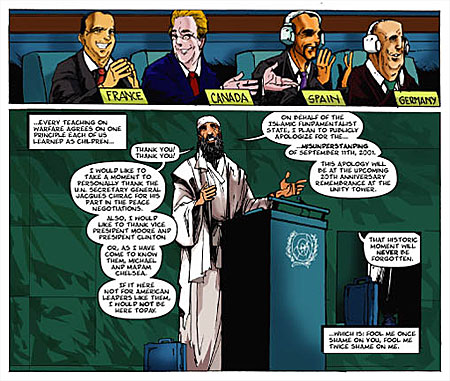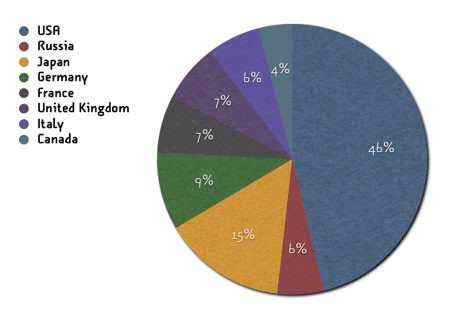
There’s a highly entertaining little story that’s getting everyone’s backs up in London at the moment that I suspect hasn’t really crossed the Atlantic yet, and might amuse a few people. But before I can tell you about it, I’ll have to fill in a little background. The Congestion Charge is a levy or toll imposed on anyone who drives a car in Central London. Cameras track every license plate that enters the middle of the city, checks them against a database of people who have paid (by text message, online or wherever), and if finds any absentee freeloaders joyriding around the city’s many traffic jams, it automatically dispatches a polite letter (and complementary fine) to the car owners / social reprobates in question.
The fascinating thing about the Congestion Charge is that there only seem to be two types of people who complain about it. The first group is the unfortunate shop-owner on the periphery of the zone. These are the people who would actually probably lose business through the changes. They have my sympathy. The other group are the – frankly – grotesquely rich, who insist on driving their cars through the centre because they’re too important and significant to use any form of public transport. Often Conservative politicians seem to fall into this camp, always somehow claiming that the common man of London is appalled by the charge, even though pretty much everyone in the Capital either uses buses, cabs or tubes – all of which benefit from the charge. No one I know in London has ever complained to me about it.
Now let’s get back to your scheduled programming. The latest group of people to have complained about the charge are no longer the super-rich or the political elite of London, but are instead the staff at the American embassy in London’s Grosvenor Square. Except they’ve gone one stage further. They’ve refused to pay it and are now operating as if it simply did not exist. It’s causing a bit of a diplomatic incident, as well as making quite a lot of British people grumble quietly to themselves, shift slightly in their Hush Puppies and gently waggle their hands at the television in vague dismay.
The contention of the US Embassy (and – to be fair – a selection of other equally uncivilised foreign powers, like the Germans) is that they cannot be legally required to pay the tax under the Vienna Convention on Diplomatic Relations and Optional Protocols which basically gives Diplomats such an extensive range of local law exemptions that from a distance they look like superheroes. The parts of the document you’re looking for, by the way, are articles 23, 28, 34, 36 and 37. My personal opinion is that they’re rather scuppered by the ‘services rendered’ bit of Article 36, but what do I know.
Anyway, the consequence of all this is that they’ve run up bills that could amount to ¬£150,000 worth of fines, which they are – of course – refusing to pay. London’s local government agencies (and its Mayor – Ken Livingstone) are not terribly impressed…
The BBC News story on the fiasco quotes a US embassy spokesman who said, “We consider it a tax, and it is the view of the United States government that all direct taxes on diplomats and diplomatic operations, including this one, are prohibited by the Vienna Convention”. In response, the Mayor’s office has stated, “The congestion charge is not a tax. It is a charge for a service. All staff at the American embassy should pay the congestion charge, in the same way as British officials pay road tolls in the United States.”
Anyway, the whole thing is getting more and more entertaining. The Americans seem to be totally miscalculating the mood of Londoners on this one, who don’t seem at all inspired by their attempt to stick it to the man. And this was not helped by a leaked memo that they just read on Channel 4 News in which an embassy official said, “It is with significant personal pride that I can advise all mission staff that… all accredited US mission personnel are to cease paying the congestion charge as well as any subsequent fines or penalties”. Can I first say – wow! – someone leaked a memo for a story about the American Embassy and the Congestion Charge!? And secondly, I think I should probably also report that I don’t think the British news teams are taking this story particularly seriously – the memo was read in the worst American accent I’ve ever heard, and at times I could have sworn that the newsreader was about to burst into a fit of giggles.
So there we have it – war on the streets of London. And there’s nothing the British like more than a nice bureaucratic pot-boiler combined with a bit of culture clashing and grumpiness about uncouth people not pulling their weight. It’s the best news story I’ve followed in ages.
But what do you guys think? Should the visiting Americans pay their bills, or are they being held subject to a whole new set of taxations without representation? Bring it on, people – let’s get the whole thing right out in the open!



